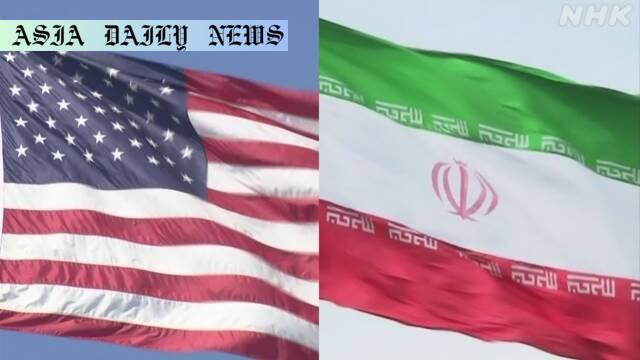Iran nuclear industry: Iran aims to expand its peaceful nuclear program with ambitious plans for 20 reactors, offering potential business opportunities worth billions.
- Iran plans to increase its nuclear reactors from one to 20.
- The expansion offers an estimated $10 billion in potential business contracts.
- Cancelled speech aimed to attract US business ties despite ongoing negotiations.

Introduction
Iran’s nuclear program, a longstanding point of global focus and contention, took on an unexpected economic angle recently. Iranian Foreign Minister Abbas Araghchi revealed—through a canceled speech script—that the expanding nuclear program in Iran offers immense business opportunities, especially for the United States. While the announcement may appear unconventional given political circumstances, it underscores the potential economic benefits tied to peaceful nuclear expansion.
Iran’s Ambitious Plan for Nuclear Growth
The core of Iran’s plan is to increase the number of active nuclear reactors from one to a remarkable 20. This ambitious venture underpins Iran’s transition to cleaner, sustainable energy while simultaneously reducing its reliance on fossil fuels. According to the details shared in the script, the initiative is projected to create lucrative contracts worth tens of billions of dollars in the global nuclear energy sector. In line with claims, Iran insists its nuclear program serves only peaceful purposes such as power generation, medical usage, and scientific research.
The Business Angle: A Game-Changer
What makes this revelation noteworthy is the apparent economic opportunity aimed at the United States—a country with which Iran has historically had significant political tensions. The canceled speech by Araghchi emphasized that the expansion opens doors for American companies to enter the Iranian nuclear space, effectively framing an economic argument to counteract traditional political resistance. Observers believe this could be a strategic move to appeal to US leaders by focusing on the financial allure, especially under a pro-business administration.
Why Was the Speech Canceled?
The Iranian Foreign Minister mentioned logistical reasons tied to the speech cancellation. It was originally slated for an open Q&A session at a symposium organized by a US think tank. Given the delicate balance of ongoing nuclear talks between Tehran and Washington, Araghchi decided to sidestep potential controversies or sensitive questions that could derail progress.
Key Obstacles and Skepticism
Despite the enticing prospect of billions of dollars in contracts, skepticism abounds. Relations between the US and Iran remain strained on issues beyond nuclear development, such as sanctions, regional conflicts, and divergent political ideologies. Moreover, US organizations may find it challenging to build trust despite the purported economic benefits. Could business opportunities truly ease decades of geopolitical tension?
Conclusion: A Potential Turning Point?
Iran’s move to highlight the financial advantages of its nuclear program hints at a unique approach to diplomacy rooted in economic cooperation. While the feasibility of this strategy remains uncertain, it does introduce a new narrative in the conversation about nuclear development. The ultimate question is: can mutual economic benefit act as a bridge between opposing political standpoints in this long-standing rivalry?



Commentary
Balancing Economic Opportunity and Political Tensions
Iran’s plan to expand its nuclear program and the subsequent economic proposition to the US is indeed a fascinating development. Historically, the global perception of Iran’s nuclear ambitions has been synonymous with political strife and security concerns. This newfound approach, centered on financial collaboration, has the potential to alter the narrative entirely. If successful, it could showcase how economic interdependence can mitigate longstanding geopolitical hostilities. However, the broader question is whether the US is ready to entertain such an offer amidst lingering mistrust and varying policy stances.
What Could This Mean for the Energy Sector?
The offer of billions in contracts for nuclear projects signals a massive opportunity for the global energy sector. For the United States, engaging in Iran’s nuclear expansion could foster economic growth and fuel groundbreaking advancements in energy production. Conversely, American corporations may hesitate, given the inherent risks tied to political uncertainties and international regulations. The energy sector stands at a crossroads where strategic partnerships could emerge against the backdrop of fragile diplomacy.
A Strategic Shift or Risky Gamble by Tehran?
Tehran’s strategic recalibration to frame its nuclear program in economic terms reflects a significant shift in its global messaging. By extending an olive branch in the form of business prospects, Iran appears to be seeking avenues to gain diplomatic leverage. Yet, this strategy comes with its own set of challenges—chief among them is the risk of further alienating nations wary of Iran’s intentions. While the financial potential is undeniable, its success hinges on trust, transparent collaboration, and a commitment to peaceful nuclear progress.